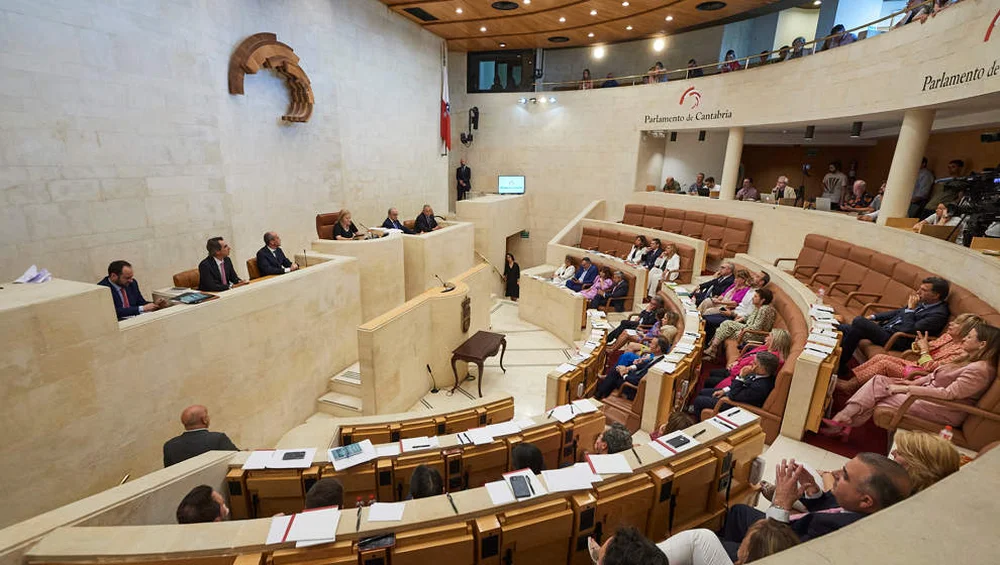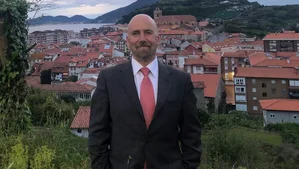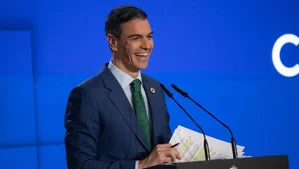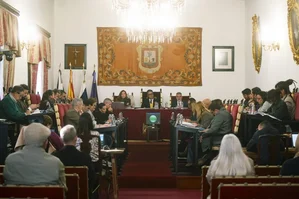Controversy Erupts Over New Urban Development Law in Spain

In a move that has sparked significant controversy, the Spanish government, led by the People's Party (PP) and supported by the far-right party Vox, has reached an agreement on a new law aimed at simplifying urban development regulations. This development has raised alarms among critics who fear it could lead to unchecked speculation and unethical urban practices.
The Agreement and Its Implications
The agreement, finalized in late February 2025, is part of a broader effort to streamline urban development processes. However, opponents argue that the new law could dismantle crucial safeguards that protect urban planning and environmental regulations. Critics fear that this could open the door to rampant speculation and corrupt practices, often referred to as "chanchullos urbanísticos" in Spanish, which translate to urbanistic swindles or scams.
Concerns Over Speculation and Corruption
The law's critics, including various environmental groups, urban planners, and opposition parties, point out that the simplification of regulations could lead to a lack of transparency and oversight. This, they argue, would create an environment conducive to speculative real estate practices and potentially corrupt dealings between developers and local authorities.
Reaction from Opposition and Civil Society
Opposition parties, such as the Spanish Socialist Workers' Party (PSOE) and other left-leaning groups, have vehemently opposed the law. They argue that it undermines the principles of sustainable urban development and ignores the lessons learned from past urban planning disasters in Spain. Civil society organizations, including environmental NGOs and community groups, have also voiced their discontent, highlighting the potential negative impacts on local communities and the environment.
Historical Context and Past Issues
Spain has a history of urban development scandals, particularly during the real estate boom of the early 2000s. The burst of the housing bubble led to widespread economic hardship and exposed numerous cases of corruption and speculative practices. The new law's critics fear that it could repeat these mistakes by weakening the regulatory framework that was put in place to prevent such abuses.
Future Uncertainties
As the law moves forward, there is significant uncertainty about its implementation and the potential consequences. While proponents argue that it will stimulate economic growth and simplify bureaucratic processes, opponents are calling for a more cautious approach that prioritizes transparency, sustainability, and the protection of public interests.
In the coming weeks and months, the debate is expected to intensify, with both sides presenting their arguments and lobbying for public support. For expats living in Spain, this development could have significant implications for the quality of life, environmental sustainability, and the overall character of the communities they call home.
Related Stories

Municipalities in Spain Transfer Contracting Competencies to Regional Government
In a bid to enhance efficiency, Spanish municipalities are transferring public contracting competencies to regional governments, aligning with the Digital Spain 2025 agenda for streamlined processes.

Defensor del Pueblo Initiates Investigation into YouTube Channel Complaint by Unidos x Laredo
Spain's Ombudsman investigates a complaint by Unidos x Laredo against a YouTube channel, highlighting the role of the Defensor del Pueblo in protecting rights.

Spanish Government Faces Setback as Congress Rejects Omnibus Decree, Impacting Pensions and Transport Subsidies
Spanish government's key decree on pensions and transport subsidies rejected by Congress, impacting millions and sparking political fallout.

La Laguna City Council Approves €226 Million Budget for 2025
La Laguna City Council approves a €226 million budget for 2025, focusing on infrastructure, social programs, and cultural events to enhance city life.

Free Parking Proposal for Residents in Specific Zones Gains Traction in Spain
Spain's Izquierda Unida proposes free parking for residents in specific zones, aiming to ease urban living costs and align with EU's sustainable mobility goals.